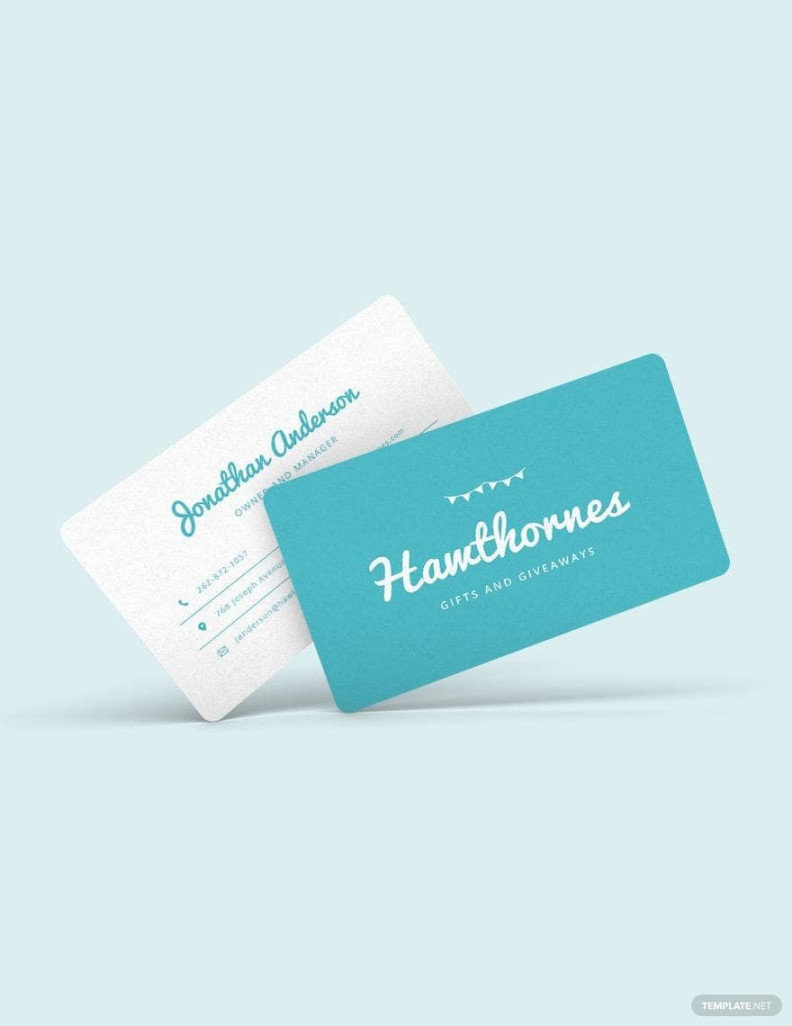Crafting a professional business Card is an essential step in establishing a strong professional identity. A well-designed card can leave a lasting impression on potential clients, colleagues, and business partners. Staples Business Card Template Word offers a versatile platform for creating custom business cards that reflect your unique brand and style.
Design Elements for Professionalism and Trust

1. Font Selection
Clarity and Readability: Opt for fonts that are easy to read, such as Arial, Helvetica, or Times New Roman. Avoid overly decorative or script fonts that can be difficult to decipher.
2. Color Scheme
Brand Identity: Choose colors that align with your brand’s personality and messaging.
3. Layout and Design
Balance: Distribute the elements on your business card evenly to create a visually appealing and balanced design.
4. Contact Information
Essential Details: Include your full name, job title, company name, address, phone number, email address, and website URL.
5. Logo and Branding
Professional Logo: If you have a logo, include it prominently on your business card. Ensure that the logo is high-quality and well-designed.
6. Call to Action
Clear and Concise: Include a clear and concise call to action, such as “Connect with me on LinkedIn” or “Visit our website.”
7. Proofreading and Editing
Accuracy: Carefully proofread your business card for any errors in spelling, grammar, or punctuation.
Conclusion
A well-designed business card is a valuable tool for promoting your professional brand and making a positive impression. By carefully considering the design elements discussed in this guide, you can create a business card that is both visually appealing and effective. Staples Business Card Template Word provides a user-friendly platform for bringing your vision to life and creating a business card that sets you apart from the competition.